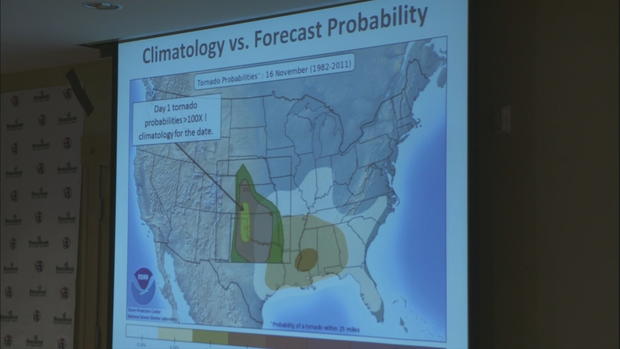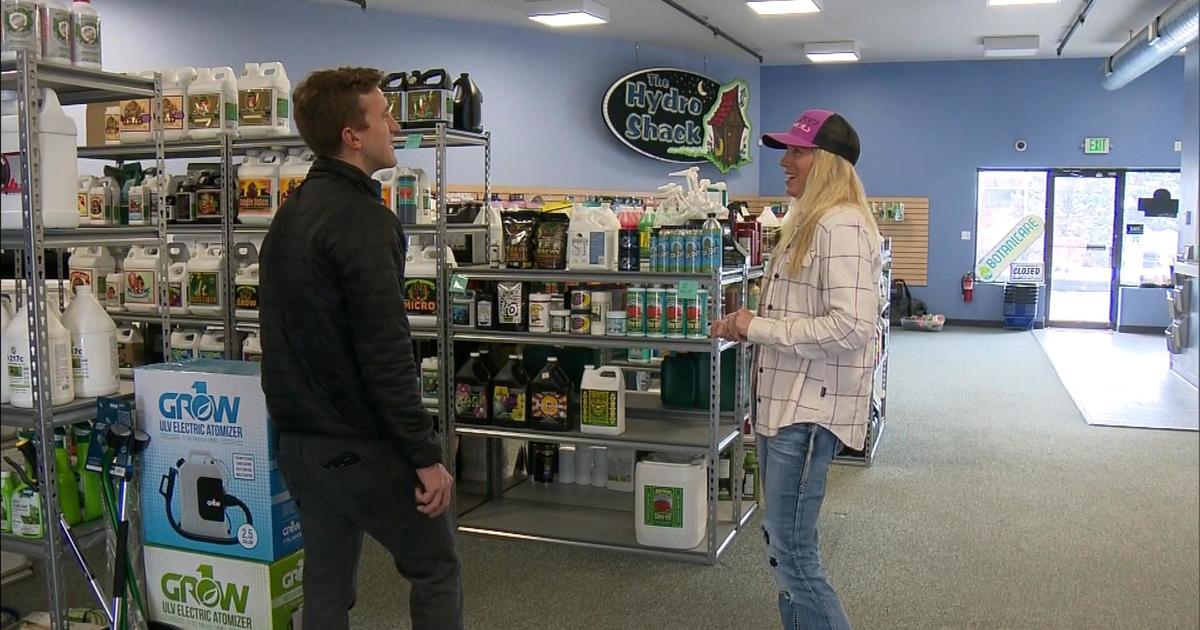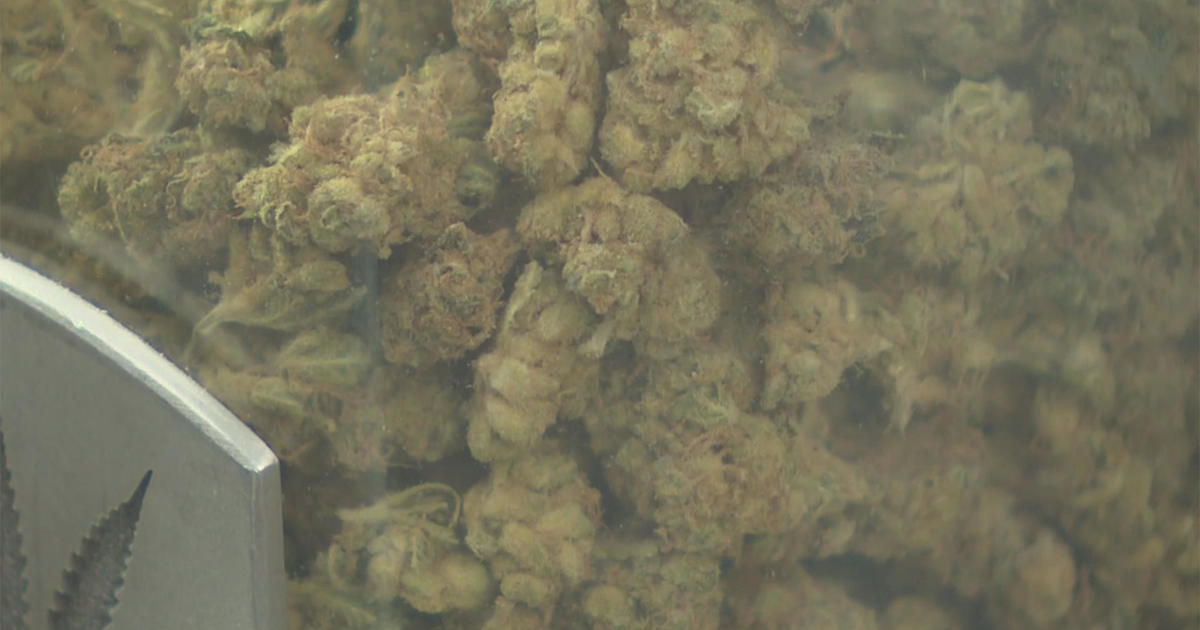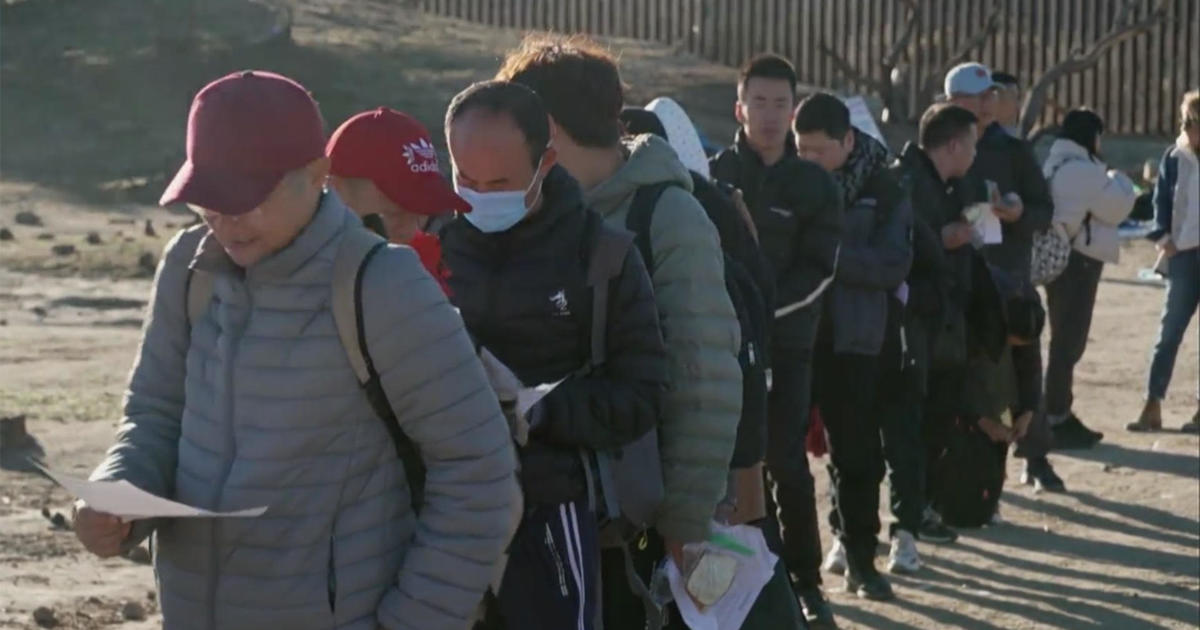Forecasters: Previous Events Teach How To Forecast The Future
STEAMBOAT SPRINGS, Colo. (CBS4) - Forecasters are getting all sorts of new knowledge at the 27th annual Steamboat Weather Summit in Steamboat Springs this week.
On Monday forecasters learned about weather patterns, specifically severe weather. CBS4's Lauren Whitney was among those sitting in conference rooms learning about severe weather, which can happen anytime of the year. Colorado's topography has a unique element that many states or regions don't experience.
"Colorado is interesting from the perspective that the eastern half of the state, basically Front Range all the way to Kansas, is a hot spot for tornado activity. We look at that background climatology; we look at those past events to learn how to forecast the future," said Greg Carbin with the Storm Prediction Center.
On Tuesday forecasters learned about the new Geostationary Operational Environmental Satellite R-Series Program (GOES-R), which will launch into space in October. Whitney says the GOES-R is going to change the game for satellite and radar and forecasters might be able to see things that they've never been able to see before.
The GOES-R "will provide significant improvements in the detection and observations of environmental phenomena that directly affect public safety, protection of property and our nation's economic health and prosperity," according to goes-r.gov.
Also on Tuesday forecasters heard from JT Reager a scientist at the Jet Propulsion Laboratory in California. He showed them how their satellites track soil moisture from space and how in El Nino years snow is more important than rain.
"We get more precipitation with snow. It really helps because snow melts gradually through the spring, we get this nice, large, long-term recharge into rivers, reservoirs and groundwater," Reager said. "In Colorado this snowmelt goes into the Colorado River and gives water to states all the way out to California. So having that nice consistent snowmelt throughout the springs is really important to have water resources through the summer."
RELATED: Colorado Snowpack Numbers On The Rise
Reager also talked about how the lab is working on flood predictions based on soil moisture and available groundwater. That could allow for forecasters to predict floods months in advance rather than three to 10 days in advance.
The Jet Propulsion Laboratory's claim to fame is creating and sending the Mars Rover into space.




